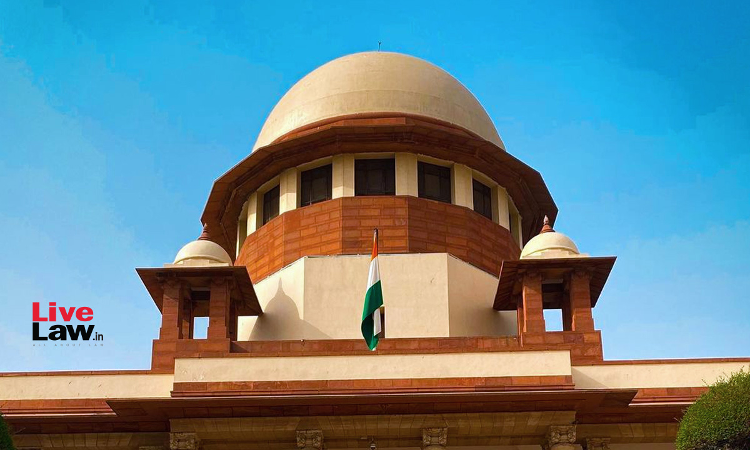Contract Can Be Said To Be 'Concluded' Only When Parties Are Ad Idem On All Essential Terms : Supreme Court
Ashok KM
22 Nov 2022 8:13 PM IST

Next Story
22 Nov 2022 8:13 PM IST
The Supreme Court observed that a contract can be said to be concluded only when parties are ad idem on all the essential terms of the contract.The three judges bench of the Apex Court observed thus while partly allowing the appeal filed by the Karnataka Power Transmission Corporation Limited against the Karnataka High Court that had set aside orders passed by the Karnataka Electricity...
